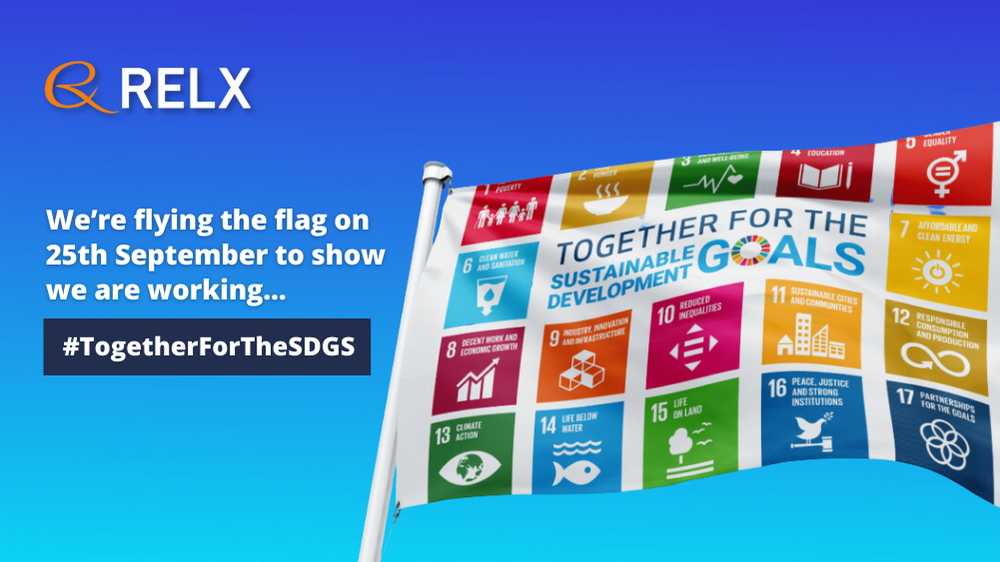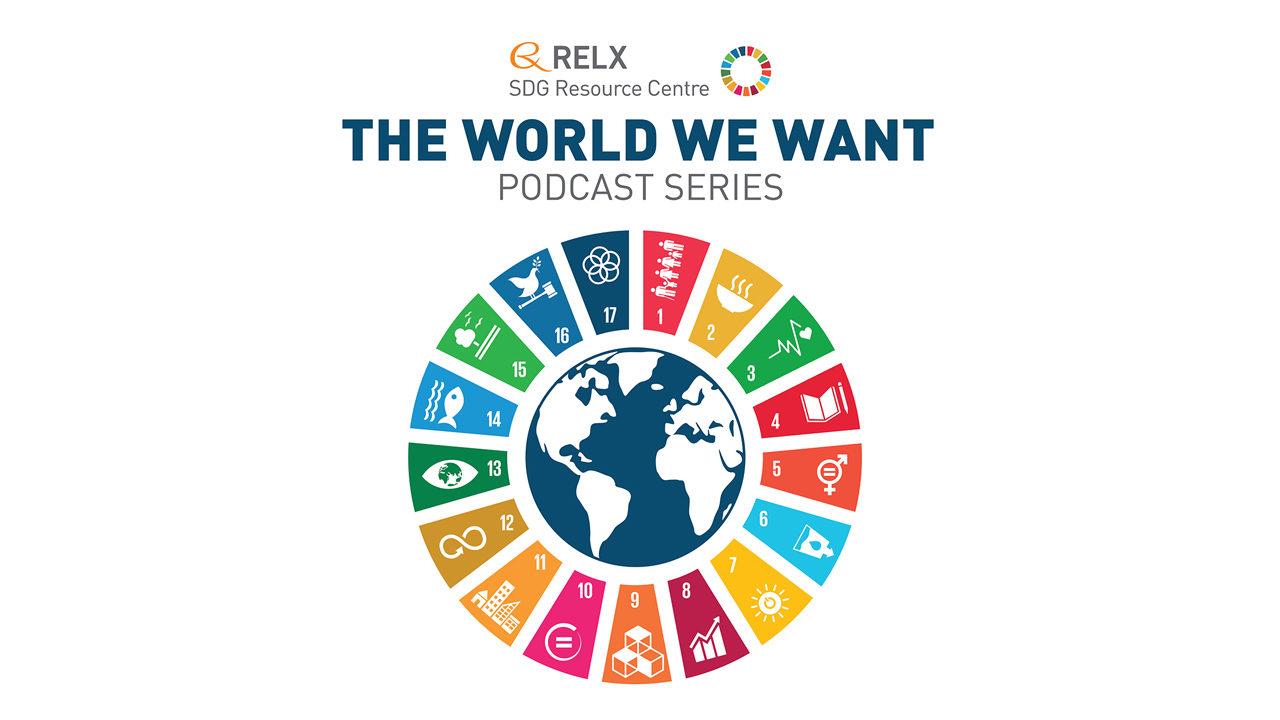As we enter the ninth year since the adoption of the UN Sustainable Development Goals (SDGs) in 2015, the pressing need to meet these ambitious objectives becomes ever more evident. Launched as a universal rallying cry, the SDGs aim to address some of the world's most pressing challenges, from eradicating poverty and ensuring quality education for all, to tackling climate change and promoting peace in societies. With 2030 looming, the global community remains resolute in its mission, armed with a rejuvenated spirit of determination and collaboration.
Advance directives give people the right and agency to determine what treatment they should receive when they are unable to make such decisions during an episode of illness
Training interventions with psychodrama for formal caregivers of those with dementia
PLCγ2 is genetically linked to Alzheimer’s disease (AD), but it is unclear how PLCγ2 contributes to pathology. Tsai et al. demonstrate that AD-associated PLCG2 variants bidirectionally orchestrate microglial responses to plaques and impact neural function in an AD mouse model. This positions PLCγ2 as a key microglial signaling node and shows that targeting PLCγ2 could have therapeutic benefits in AD.
In this episode of the "World We Want" podcast, Márcia Balisciano and David Emmett, from the Biodiversity Partnerships team at the Hempel Foundation, engage in a deep conversation. They discuss the importance of biodiversity conservation, and how our efforts toward preserving wildlife species should not ignore the human communities that surround and rely on them.
The authors analyse global patterns of green water fluxes (key for sustaining crops) and blue water fluxes (water that sustains aquatic ecosystems). They show that green fluxes are beginning to dominate, elevating blue water vulnerability.
The authors explore the impacts of the virtual water trade (i.e. water used in the production of agricultural products). The authors find that increasing trade of agricultural products could lead to significant water savings.
The authors introduce a new method for wastewater management. OCTOPUS merges individual treatment plants into one, leading to significant cost savings.
The role of estrogen and ferroptosis in Alzheimer's disease is known. Ginseng has estrogen-like effects as well as a regulatory role in Alzheimer's disease and iron metabolism and this paper discusses for the frist time the link between ginseng, ferroptosis, and Alzheimer's disease.
This Comment article supports SDG 3, 6, and 16 by highlighting the structural and commercial determinants of water crises and their effects on health, and calls for international cooperation and solidarity to address power asymmetry, inequalities, and unaffordable access to water, putting human rights at the core of the water agenda.


